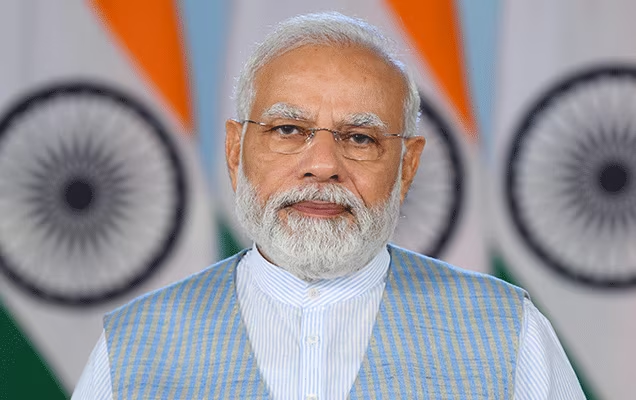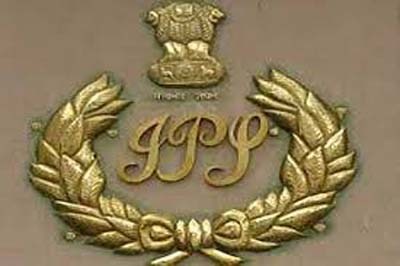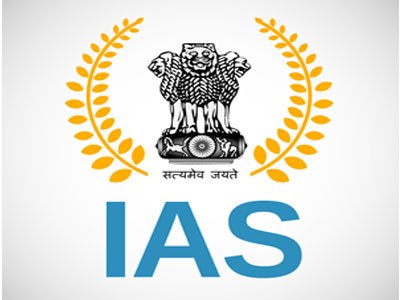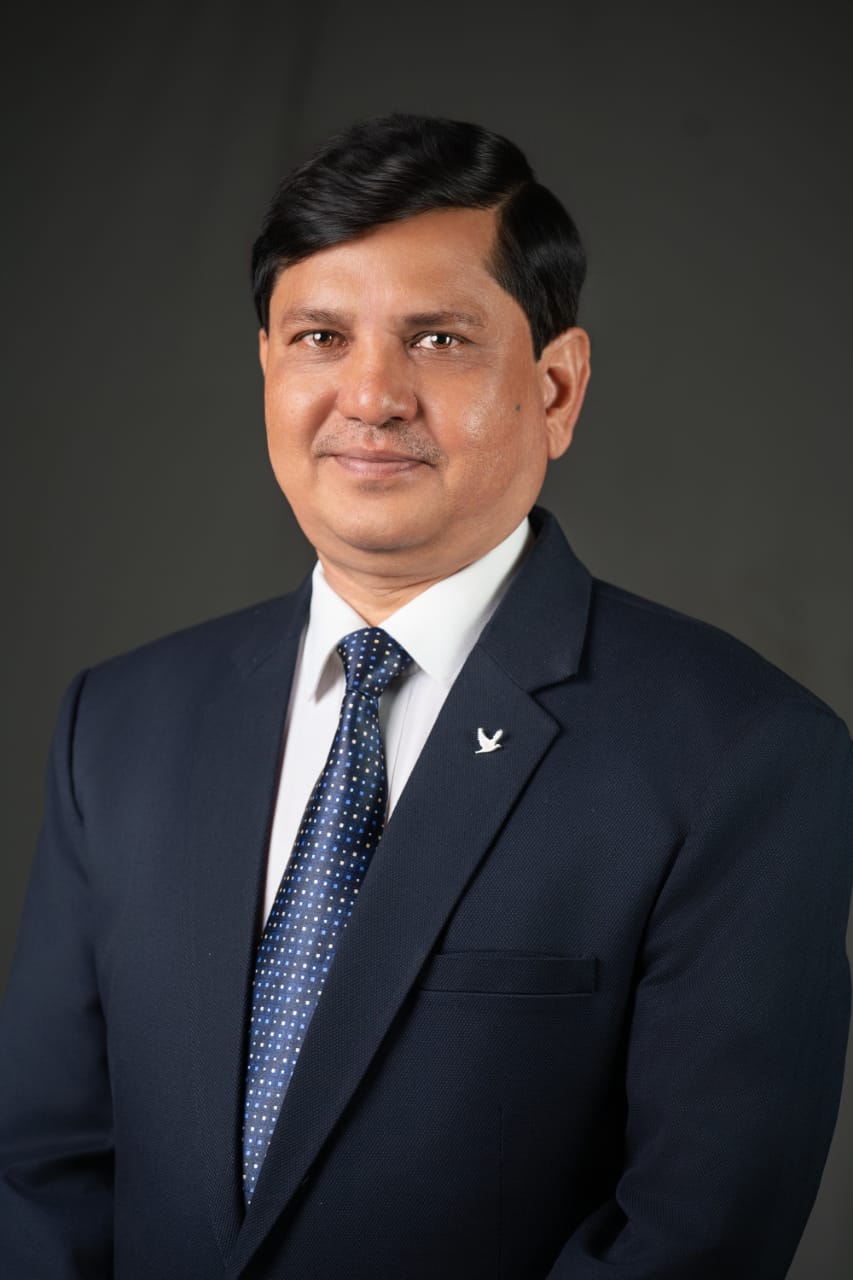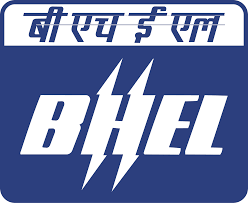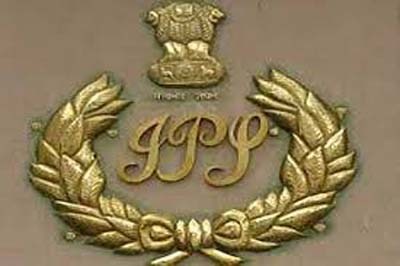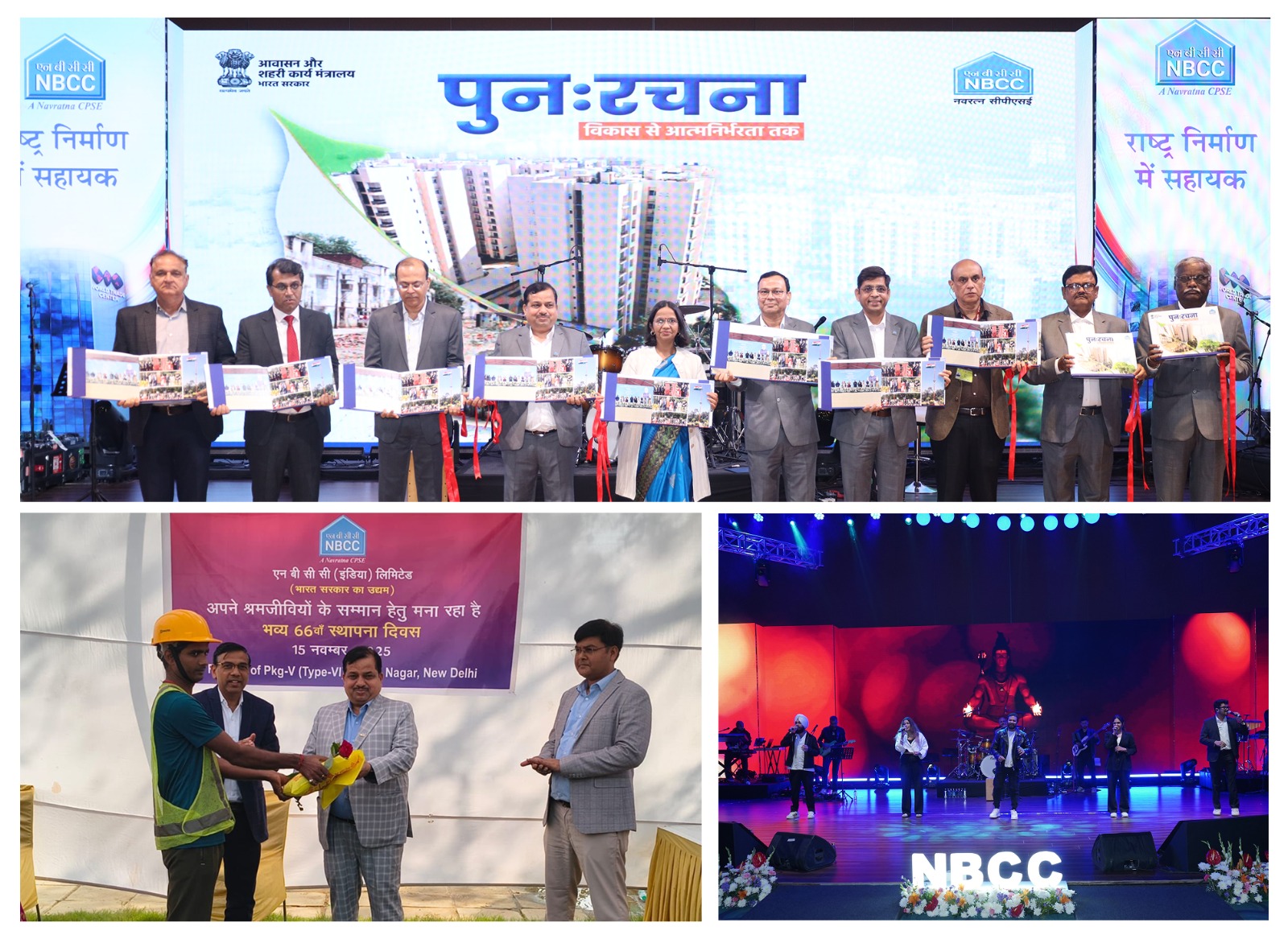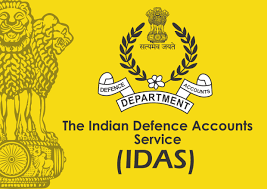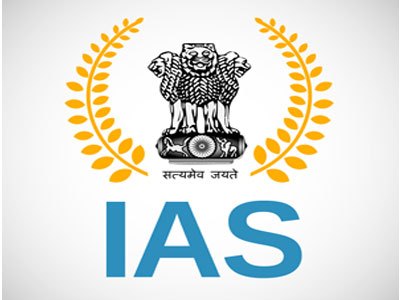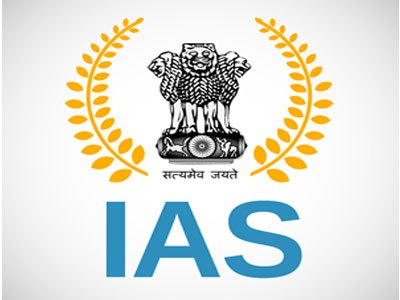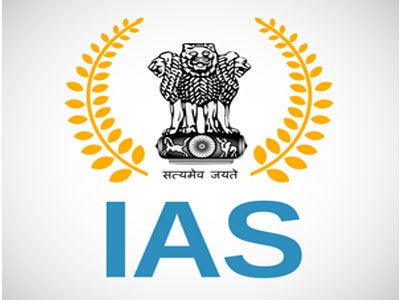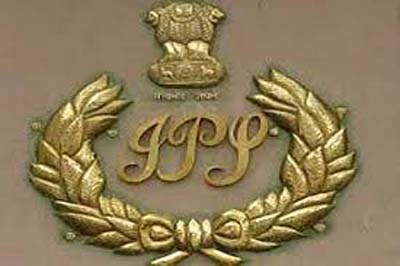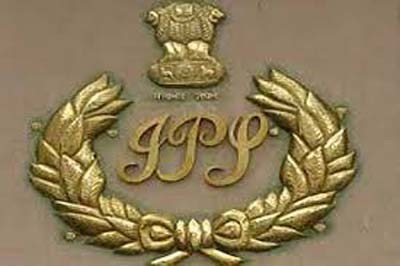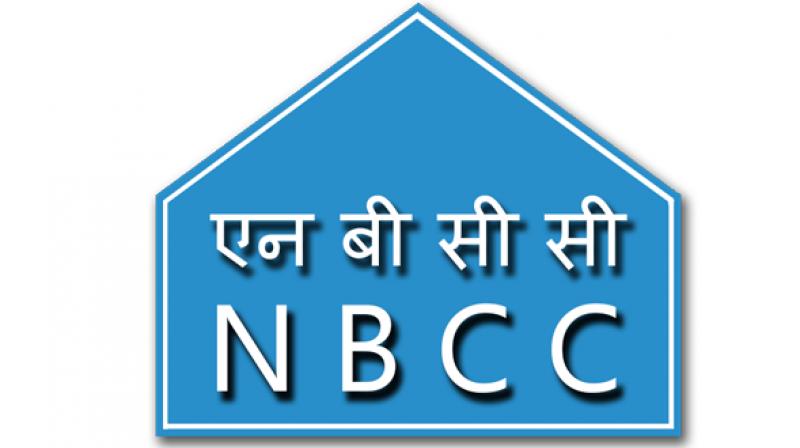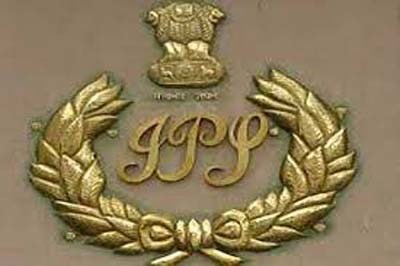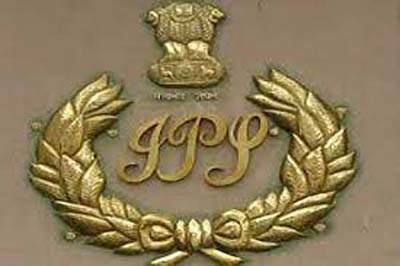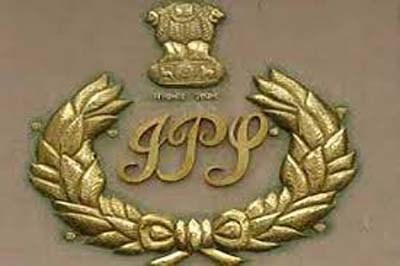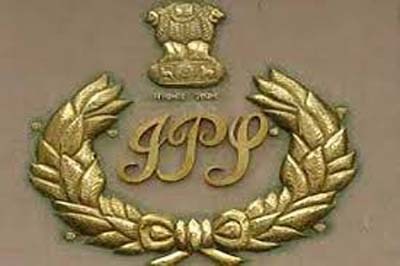Narendra Modi participated in the TV9 Summit 2025 in the Bharat Mandapam, New Delhi today. Addressing the gathering, he extended his best wishes to the entire team of TV9 and its viewers. He said that TV9 had a wide regional audience and added that now there is a global audience also getting ready. He also welcomed and greeted the Indian diaspora who had connected over teleconference to the event.
“Today, the World’s eyes are on India”, remarked the Prime Minister, highlighting that people around the globe are curious about India. He noted that India, which was the 11th largest economy in the world after 70 years of independence, rose to become the 5th largest economy in a span of 7-8 years. Citing a report of the IMF, Shri Modi said that India was the only major economy in the world which had doubled its GDP in the last 10 years. Emphasizing that India had added USD two lakh crore to its economy in the last decade, adding that doubling of the GDP was not just about numbers but had major impacts like moving 25 crore people out of poverty forming a ‘Neo-Middle Class’. He further added that the Neo-middle class was beginning a new life with dreams and aspirations along with contributing to the economy and making it vibrant. “India has the world’s largest youth population”, exclaimed the Prime Minister, noting that the youth were rapidly becoming skilled, thereby accelerating innovation. “India First has become the mantra of India’s foreign policy”, highlighted the Prime Minister. He remarked that while India once followed a policy of maintaining equal distance from all nations, the current approach emphasizes being equally close to all—an "Equi-Closeness" policy. The Prime Minister underscored that the global community now values India's opinions, innovations, and efforts like never before. He emphasized that the world is keenly observing India today and is eager to understand "What India Thinks Today."
Prime Minister highlighted that India is not merely participating in the world order but is actively contributing to shaping and securing the future. He remarked about India's vital role in global security, especially during the COVID-19 pandemic. Defying doubts, India developed its own vaccines, ensured rapid inoculation, and supplied medicines to over 150 countries, he added. He emphasized that in times of global crisis, India's values of service and compassion resonated worldwide, showcasing the essence of its culture and traditions.
Reflecting on the global context post-World War II, noting how most international organizations were dominated by a few nations, Shri Modi remarked that India's approach has always prioritized humanity over monopoly, striving for an inclusive and participatory global order. He added that in line with this vision, India has led the way in establishing global institutions for the 21st century, ensuring collective contribution and cooperation. Shri Modi remarked that addressing the challenge of natural disasters, which cause immense damage to infrastructure worldwide, India took the initiative to establish the Coalition for Disaster Resilient Infrastructure (CDRI). CDRI represents a global commitment to strengthening disaster preparedness and resilience, he added. The Prime Minister also highlighted India’s efforts to promote the construction of disaster-resilient infrastructure, including bridges, roads, buildings, and power grids, ensuring they can withstand natural calamities and safeguard communities across the world.
Emphasising the importance of global collaboration to tackle future challenges, particularly in energy resources, Shri Modi highlighted India's initiative of the International Solar Alliance (ISA) as a solution to ensure sustainable energy access for even the smallest nations. He remarked that this effort not only positively impacts the climate but also secures the energy needs of Global South countries. He proudly noted that over 100 countries have joined this initiative. Talking about the global challenges of trade imbalances and logistics issues, Shri Modi highlighted India's collaborative efforts with the world to launch new initiatives, including the India–Middle East–Europe Economic Corridor (IMEC). He remarked that this project will connect Asia, Europe, and the Middle East through commerce and connectivity, boosting economic opportunities and providing alternative trade routes. He underscored that this initiative will strengthen the global supply chain.
